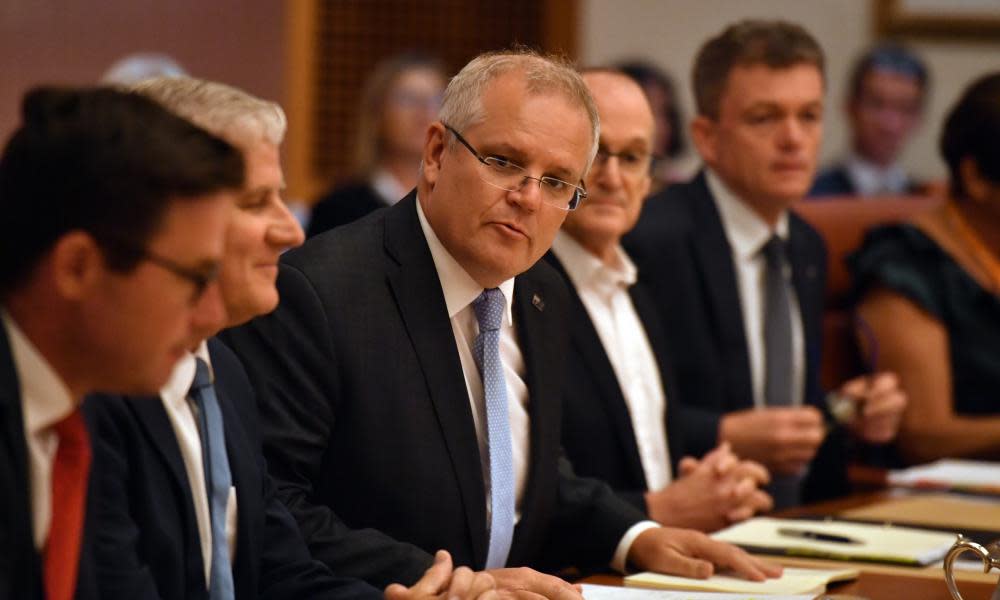Australia is 'ground zero' in climate crisis and must show leadership, top researchers say

Australia’s current position as “ground zero” for both the impacts of climate change and policy uncertainty presents an opportunity for the country to emerge as a leader in responding to the climate crisis, according to Australian Research Council laureates.
In a letter signed by 80 ARC laureate fellows, some of Australia’s top researchers said claims strong action to cut emissions would be economically destructive have no basis and are not “consistent with Australia’s traditional optimism and ingenuity, nor with historical experience”.
“Reducing emissions is a global challenge that requires collective action,” the letter said.
“But Australia’s current visibility as ground zero for both climate impacts and climate policy uncertainty presents a unique opportunity for us to emerge as a leader on this challenge.”
The ARC laureate fellows are a small group of researchers selected by the ARC as the top researchers across all fields in Australia.
The letter, whose signatories include decorated academics in mathematics, science, economics, and language and culture, said the government’s focus on adapting to changed fire patterns “is not enough”.
It was written as the country’s unprecedented bushfire season continues, with emergency warnings in place on Tuesday for a fire burning in the Namadgi national park near Canberra.
“We welcome government actions to help current victims and improve adaptation to future fires, as well as its acceptance of a role for climate change in the catastrophe,” the letter said.
“But this is not enough, because the greenhouse gas amounts driving warming are still rising: the world is only at the beginning of the climate change phenomenon.”
The bushfire emergency has brought the Coalition government’s climate policies into sharp focus.
The prime minister, Scott Morrison, was criticised for his handling of the crisis through Christmas and early January, and for his failure to meet with former emergency chiefs who warned of the coming catastrophe last year.
Morrison said this month that the government’s response to the increasingly visible effects of the climate crisis would be to address “adaptation and resilience” rather than strengthening policies to reduce emissions.
But the letter warns that without stronger action to curb emissions, the impacts of further temperature rises could be such that adaptation is not achievable.
“This dire outlook demands stronger mitigation of carbon emissions,” it said.
“Many argue that actions to achieve this would be economically destructive. This claim has no basis, nor is it consistent with Australia’s traditional optimism and ingenuity, nor with historical experience.”
They wrote that achieving net zero emissions was a large but achievable task, and “far less risky and irresponsible” than allowing continued global heating.
Australia faced international criticism as one of a handful of countries at the United Nations climate conference in Madrid in December that were responsible for thwarting a deal on the rulebook for the Paris climate agreement.
Australia is the only country that plans to use carryover credits from the Kyoto period to meet its targets under the Paris agreement.

 Yahoo News
Yahoo News 
